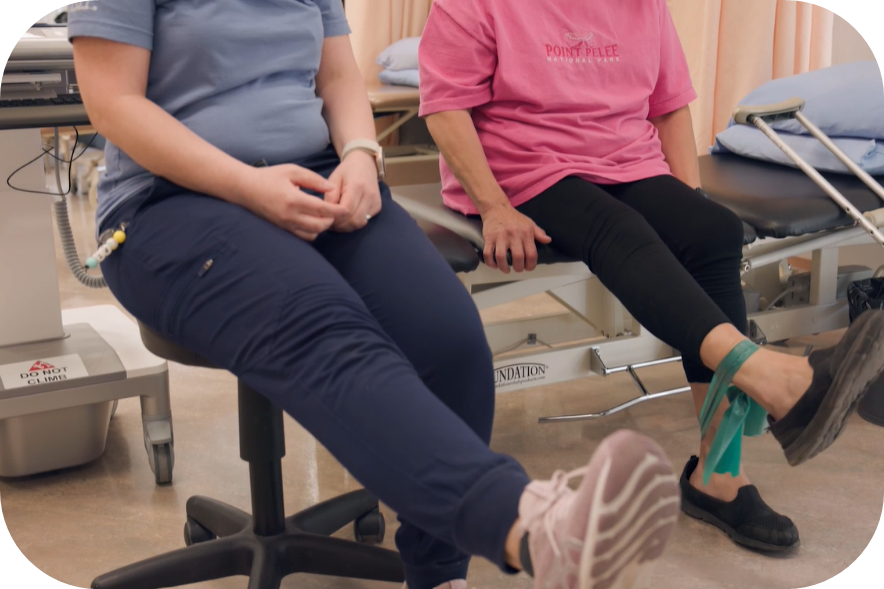Can Physiotherapy Help You?
The goal of physiotherapy is to make daily tasks and activities easier and can help with recovery after some surgeries. It may be used alone or with other treatments. It can help you move better and may relieve pain, along with improving or restoring your physical function and fitness level.
What does a physiotherapist do?
Your physiotherapist will examine you and talk to you about your symptoms and your daily activity. Your therapist will then work with you on a treatment plan. The goals are to help your joints move better and to restore or increase your flexibility, strength, endurance, coordination, and/or balance.
First, your therapist will try to reduce your pain and swelling. Your physiotherapist also may use manual therapy, education, and techniques such as heat, cold, water, ultrasound and electrical stimulation.
Physiotherapy almost always includes exercise. It can include stretching, core exercises, weight lifting, and walking.
When can physiotherapy help?
Physiotherapy and recovery from injury
• Physiotherapy can help you recover from an injury and avoid future injury. Your physiotherapist can help you reduce pain in the soft tissues, build muscle strength, improve flexibility, function and range of motion.
Physiotherapy and health conditions
• Physiotherapy can help you live more easily with chronic or ongoing health conditions.
• Some conditions involve several body systems and can lead to significant disability. These conditions—such as stroke, spinal cord injury, and major cardiopulmonary (heart and lung) problems—are usually addressed by a team of health professionals through programs such as cardiac rehab and stroke rehab. Physiotherapists are a critical part of this team. They address the issues of range of motion, strength, endurance, mobility (walking, going up and down stairs, getting in and out of a bed or chair), and safety.
• Physiotherapists also work with children who have major injuries or health conditions. They address the usual issues of range of motion, strength, endurance, and mobility. Also, the therapist considers the child’s special growth and developmental needs.
AHS Wellness Article










